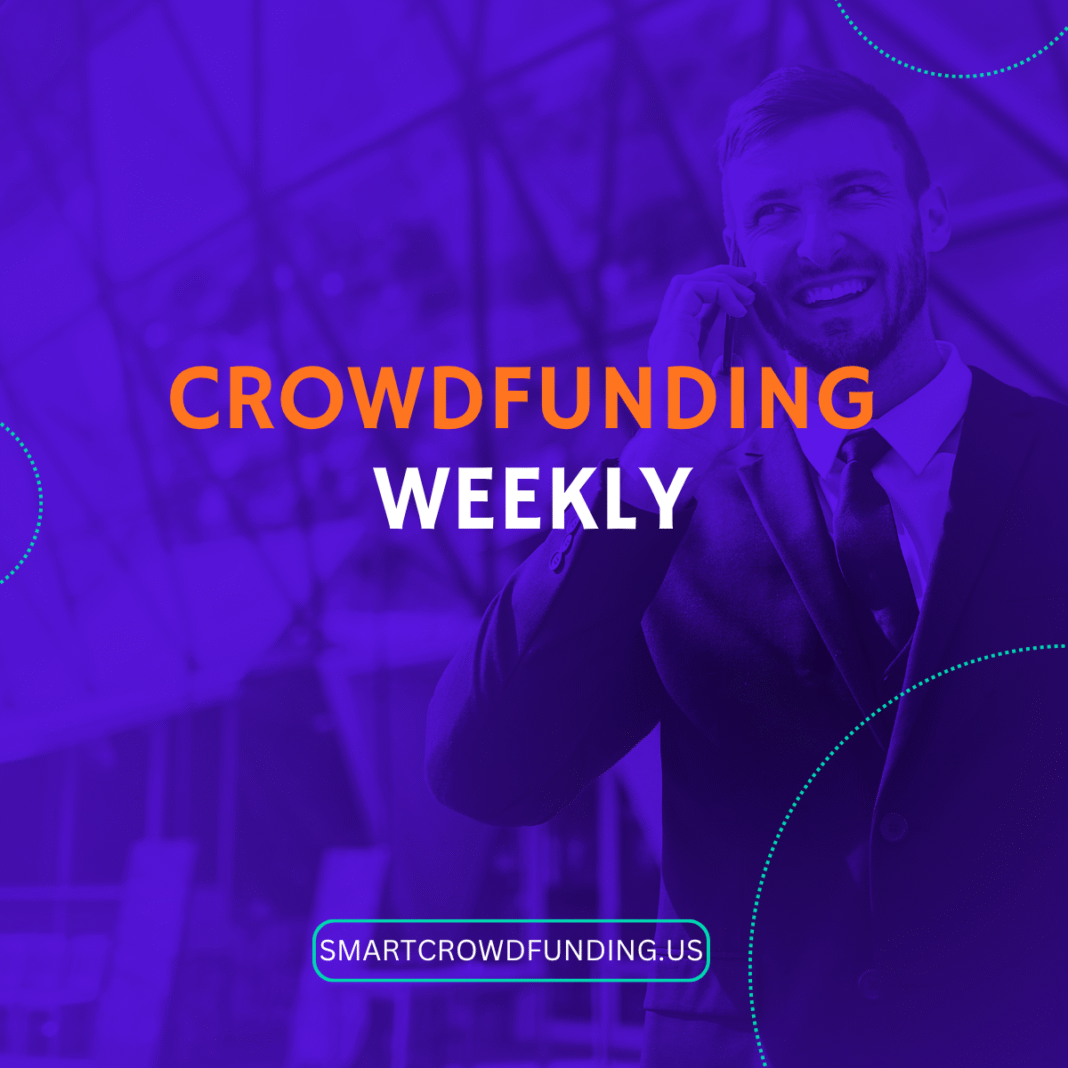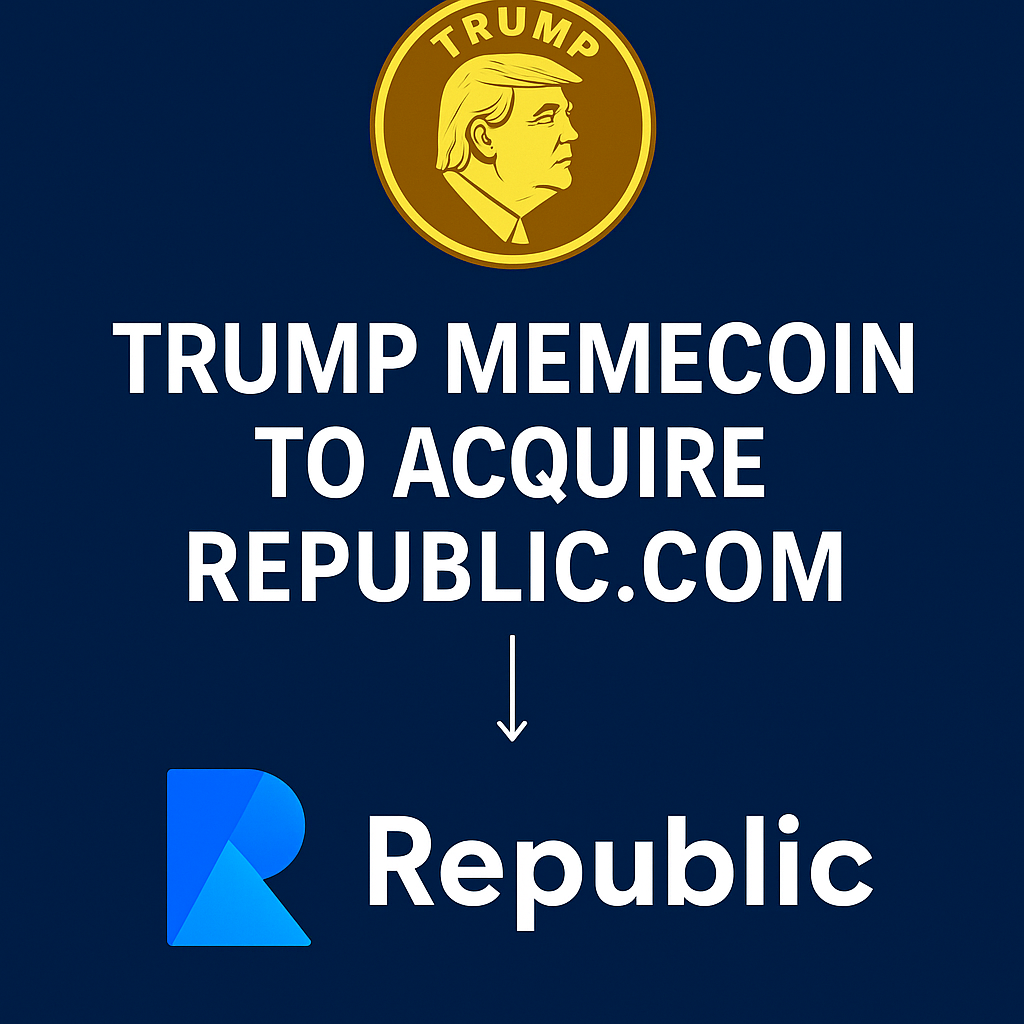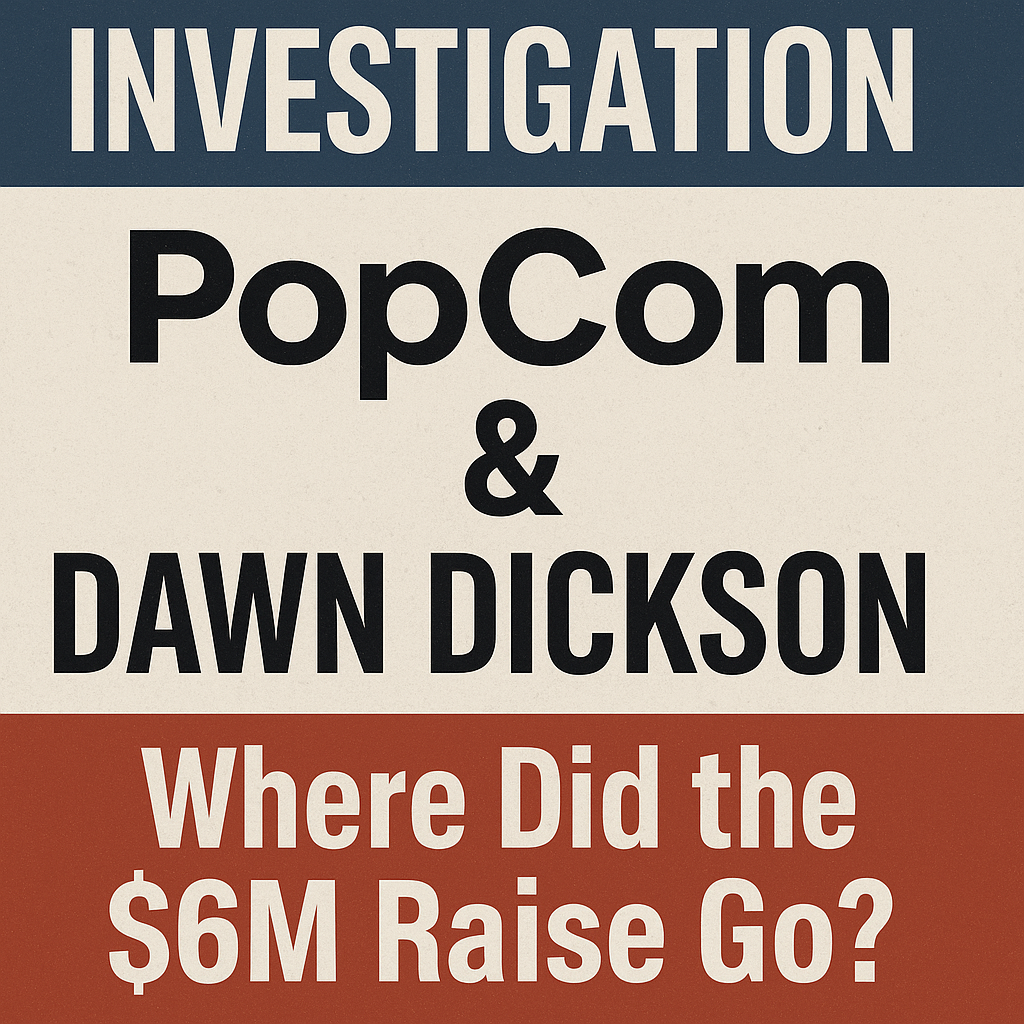If you felt the ground shift under online capital formation this week, you weren’t imagining it. We got a big step toward secondary liquidity for retail, a marquee acquisition in rewards crowdfunding, fresh performance data on exits vs. failures, a real-time trust wobble in donations, and a headline Reg A+ raise. Together, they paint a market that’s maturing fast but still wrestling with governance and transparency.
1) Liquidity watch: LSE + Crowdcube opens a door to secondary trading
The London Stock Exchange (LSE) is partnering with Crowdcube to let retail investors participate in auctions of private company shares on LSE’s new PISCES venue, an infrastructure play that could finally connect primary crowdfunding with periodic secondary liquidity. If executed well, it shortens the gap between “raise” and “realization,” and could reshape issuer expectations around exit paths.
Caveat: UK regulators have relaxed disclosure for PISCES-style private trading, with fewer reporting obligations than public markets. That may accelerate listings but puts a premium on investor education and platform diligence. For now, trading is restricted to wealthier/sophisticated investors, limiting mass-market participation until protections catch up.
2) Platform consolidation: Gamefound acquires Indiegogo
In rewards crowdfunding, niche wins: Gamefound (tabletop specialist) is acquiring Indiegogo, aiming to merge a 38-million user base with vertical tooling that’s already dominant in board games. Expect cross-promotion, a simpler 5% fee, and tip policies friendlier to creators. For founders, this is a reminder that category depth + creator UX beats generalist breadth—especially when supply chains are volatile.
3) Outcomes data: Fewer failures, steady exits in 2025
Kingscrowd ’s latest update shows 2025 continues to look healthier than the post-2021 hangover: failures are trending down from 2023 peaks, while exits (M&A, IPOs, buybacks) have held roughly steady. A separate cut of the data tallies 35 failures and 19 exits YTD for U.S. Reg CF, suggesting better screening and better-capitalized issuers. It’s incremental progress, not a moonshot, but it supports the thesis that online private markets are normalizing.
Implication: Platforms that can evidence curation quality, post-raise support, and realistic investor communications will attract both better issuers and savvier capital.
4) Trust stress-test: GoFundMe’s nonprofit backlash
Donation crowdfunding had a rough PR cycle. After nonprofits complained that GoFundMe spun up auto-generated donation pages using public IRS data and partner feeds (without direct consent), the Archdiocese of San Antonio publicly warned parishioners and told them to donate only via official channels. GoFundMe has since said nonprofit pages will be opt-in only and promised to de-index “unclaimed” pages. The episode is a case study in how “growth automation” can collide with institutional trust.
Takeaway for platforms: consent, clarity, and page provenance need to be unambiguous—especially when your brand equity depends on donor confidence.
5) A headline Reg A+ win: Pacaso’s $72.5M raise
On the “what’s possible” front, Pacaso disclosed that it raised $72.5M via Reg A over the past year, iterating its materials multiple times based on investor questions. It’s a reminder that Reg A+, when paired with a consumer-comprehensible product and a serious investor-relations muscle, can scale into eight-figure territory, well beyond Reg CF’s $5M cap.
Lesson for issuers: treat Reg A like a true public-facing process with a tight narrative, evolving FAQs, clear unit economics, and expect to work the funnel for months, not weeks.
6) The industry drumbeat continues
The CfPA held its 2025 Regulated Investment Crowdfunding Summit, signaling the ecosystem’s ongoing institutionalization (and likely more talk on secondary trading, harmonization, and retail protections). Real-estate platforms remain active across Europe with a steady cadence of launches and product tweaks, reinforcing property-backed deals as a staple of the online mix.
What it means this week
For founders (Reg CF/Reg A+): Secondary liquidity may inch closer for later-stage rounds, but don’t bank on it for near-term investor messaging. Instead, learn from Pacaso: prioritize iterative investor education and clear, verifiable traction. Use platform data on exits/failures to set realistic expectations with your community.
For platforms/intermediaries: The LSE/Crowdcube move raises the bar. Building bridges to controlled secondary events, even if limited to sophisticated investors, could become table stakes. At the same time, the GoFundMe incident is a warning: growth levers that diminish consent are brand-negative and regulator-bait.
For investors/backers: Signals are improving (fewer failures), but disclosure on private venues will vary. Read the small print on who can trade, what must be disclosed, and remember that “intermittent liquidity” isn’t the same as a liquid market.
Crowdfunding is consolidating, professionalizing, and slowly plugging into secondary infrastructure. The opportunity set is widening, but the governance gradient is getting steeper. This is the season to double-down on transparency, diligence, and investor education.



